Behavioral Couples Therapy for Alcoholism and Drug Abuse in Houston, Texas
Behavioral Couples Therapy Near Me Houston
Alcoholism and drug abuse are serious issues that affect individuals, families, and communities. In Houston, Texas, there is a growing need for effective treatment options for couples struggling with substance use disorders. Behavioral Couples Therapy (BCT) has emerged as a promising approach that addresses both the individual’s addiction and the couple’s relationship dynamics.
Behavioral Couples Therapy Near Me Houston 888-325-2454 Call Now
The Impact of Alcoholism and Drug Abuse on Couples
Alcoholism and drug abuse can significantly strain relationships, leading to conflicts, mistrust, and emotional distress. Couples dealing with substance use disorders often experience communication breakdown, financial difficulties, and a decline in overall relationship satisfaction. These challenges can further exacerbate the addiction and hinder recovery.
Recognizing the interconnectedness of addiction and relationships, Behavioral Couples Therapy offers a comprehensive approach to addressing both issues simultaneously. By involving both partners in the treatment process, BCT aims to improve relationship functioning and enhance the chances of successful recovery.
What is Behavioral Couples Therapy?
Behavioral Couples Therapy is a specialized form of counseling that focuses on the relationship dynamics between partners affected by alcoholism or drug abuse. Unlike traditional individual therapy, BCT recognizes that the partner’s involvement can play a crucial role in the recovery process.
The primary goal of BCT is to promote abstinence from substances while simultaneously improving relationship functioning. The therapy sessions typically involve both partners and a trained therapist who guides the process. BCT utilizes evidence-based techniques to address addiction-related behaviors and enhance relationship skills.
Key Components of Behavioral Couples Therapy
1. Substance Use Monitoring: BCT emphasizes regular monitoring of substance use to track progress and identify potential relapse triggers. This monitoring can involve self-reports, drug tests, or a combination of both.
2. Communication Skills Training: Effective communication is crucial for couples dealing with addiction. BCT helps partners develop healthier communication patterns, including active listening, expressing emotions, and resolving conflicts constructively.
3. Problem-Solving Techniques: BCT equips couples with problem-solving skills to address challenges related to addiction and the relationship. Partners learn to work together to find solutions and make positive changes.
4. Relapse Prevention Strategies: BCT focuses on identifying high-risk situations and developing strategies to prevent relapse. Partners learn to support each other’s recovery and establish a supportive environment at home.
5. Enhancing Positive Activities: BCT encourages couples to engage in enjoyable and healthy activities together. This helps create positive experiences and strengthen the bond between partners, reducing the likelihood of relapse.
Effectiveness of Behavioral Couples Therapy
Research has shown that Behavioral Couples Therapy is a highly effective approach for couples dealing with alcoholism and drug abuse. Studies have consistently demonstrated that BCT leads to better treatment outcomes compared to individual therapy alone.
One study published in the Journal of Consulting and Clinical Psychology found that BCT resulted in higher abstinence rates and improved relationship satisfaction compared to individual-based treatment. The study also highlighted the long-term benefits of BCT, with couples maintaining positive outcomes even after treatment completion.
Another study published in the Journal of Substance Abuse Treatment showed that BCT significantly reduced the likelihood of relapse and improved relationship functioning. The study concluded that BCT should be considered a first-line treatment for couples struggling with substance use disorders.
Couples Therapy for Dual Diagnosis in Houston
In Houston, there is a growing recognition of the need for specialized couples therapy for individuals with dual diagnosis, which refers to the co-occurrence of a substance use disorder and a mental health condition. Behavioral Couples Therapy can be adapted to address the unique challenges faced by couples dealing with dual diagnosis.
By integrating evidence-based techniques from both addiction treatment and mental health therapy, couples can receive comprehensive support for their recovery journey. Therapists in Houston are increasingly trained to provide specialized dual diagnosis couples therapy, ensuring couples receive the most effective and tailored treatment.
Seeking Couples Therapy for Substance Use Disorders in Houston
If you and your partner are struggling with alcoholism or drug abuse in Houston, seeking help through Behavioral Couples Therapy can be a transformative step towards recovery. By addressing both the addiction and relationship dynamics, BCT offers a holistic approach that maximizes the chances of successful treatment outcomes.
There are numerous treatment centers and therapists in Houston who specialize in Behavioral Couples Therapy for substance use disorders. It is essential to research and choose a provider who has experience and expertise in this specific area of therapy.
Remember, seeking help is a sign of strength, and by taking this step, you are prioritizing your well-being and the health of your relationship. With the right support and treatment, couples in Houston can overcome addiction and build a stronger, healthier future together.





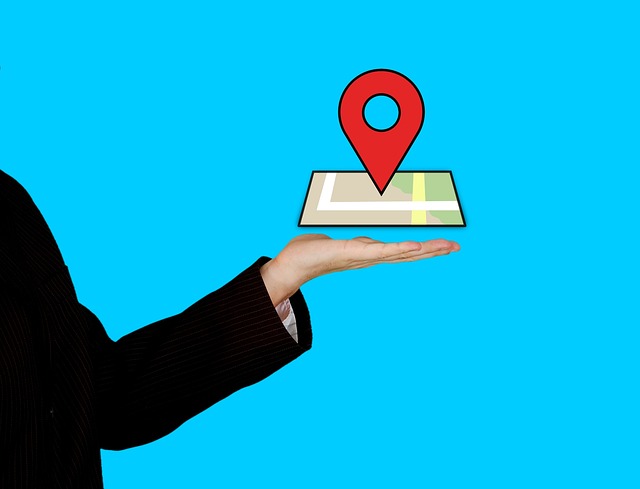
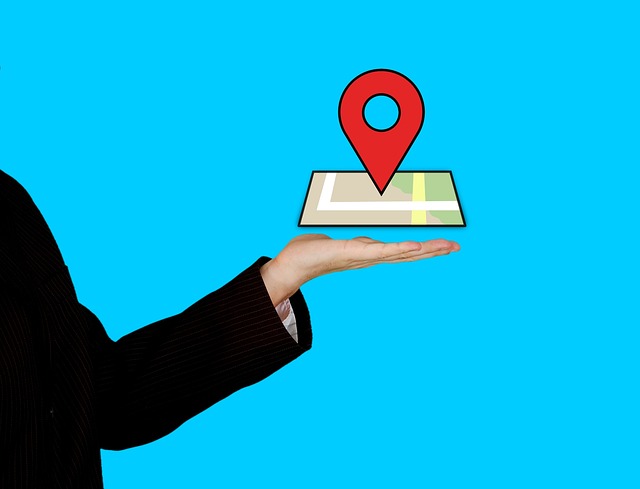
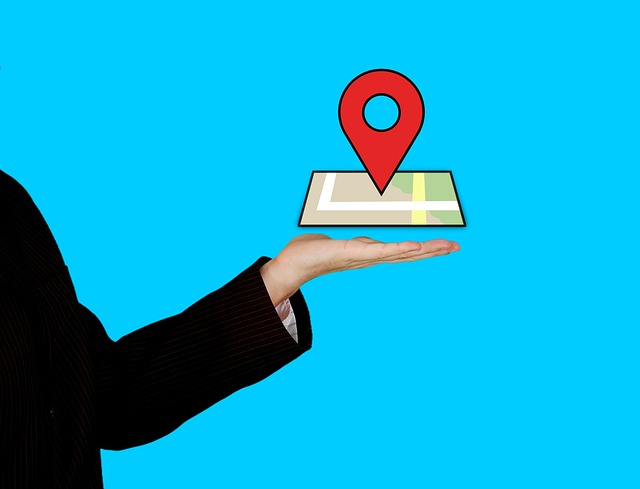
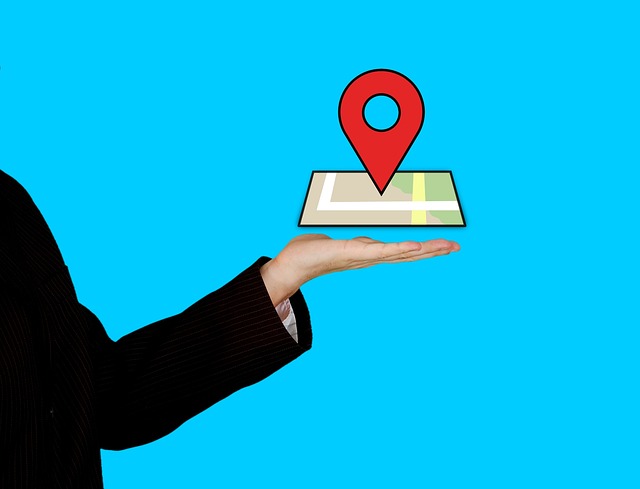
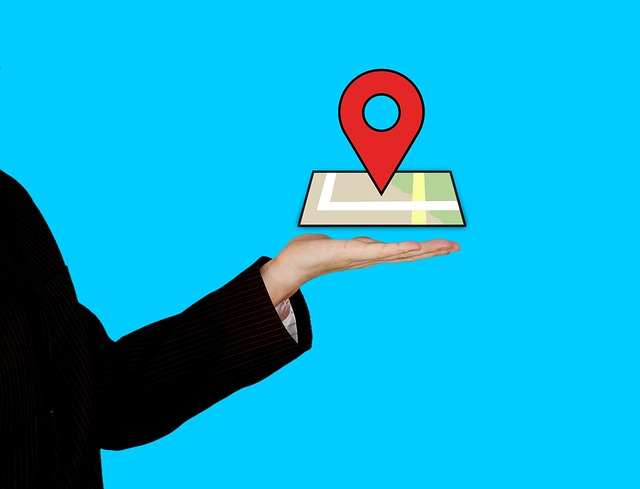
Recent Comments